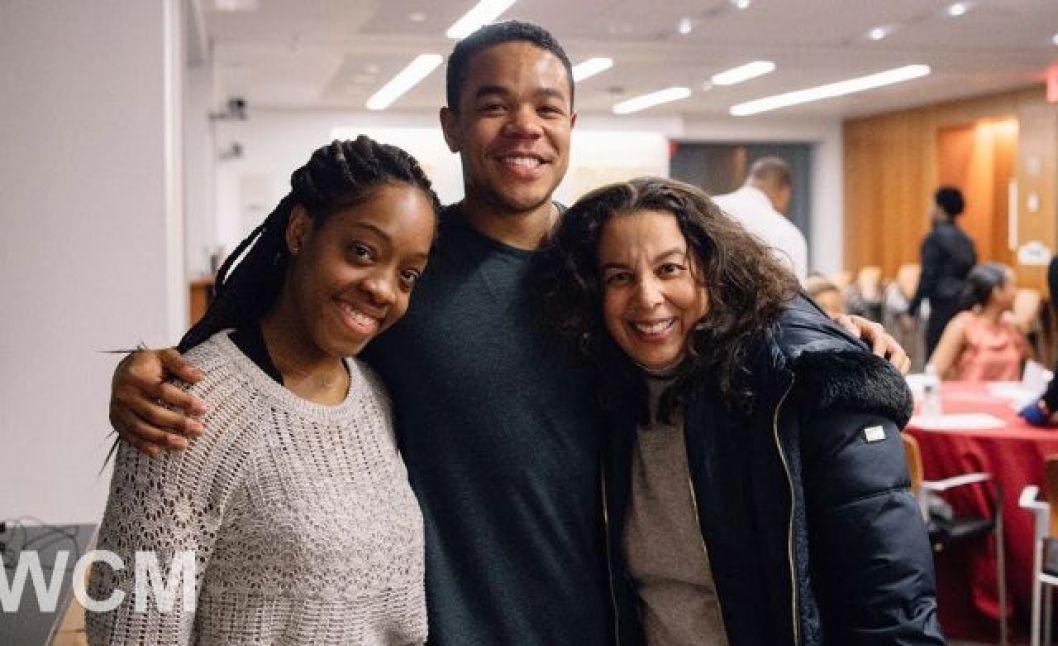Our Commitment to Diversity
Diversity brings differing viewpoints, perspectives, creativity and innovation to medicine, all contributing to better outcomes. In our academic institutions, this translates to more culturally appropriate care, enhanced health care quality, patient satisfaction, better outreach, and more effective mentoring for students and residents.
Over the past 15 years in the categories of Departmental Governance & Policy, Recruitment, Mentoring, Support & Sponsoring, and Education, the Department of Surgery, in partnership with the WCM Office of Diversity and Inclusion, seek to promote working and educational environments where all persons can prosper, succeed, and find community.
News - Events Photo Galleries - Resources
Diversity Initiatives
Education
The Department of Surgery has established a yearly Diversity lecture which occurs as part of the Dean’s Diversity Week each spring, which focuses on diversity and health equity topics. The Department invites prominent faculty speakers of diverse backgrounds for lectures to offer an opportunity to share professional and personal experiences with faculty, residents and students during the visit. These speakers also serve as a potential pipeline for future recruitments.

Diversity in Leadership
- Dr. Shuibing Chen, awarded tenure in recognition of her superlative performance in research and scholarship, and in her exemplary commitment to teaching. Her pioneering work with stem cells and chemical biology is widely acclaimed and her accomplishments bring distinction to Weill Cornell Medicine.
- Dr. Rache Simmons, Professor of Surgery, Associate Dean for Diversity and Inclusion. The Department of Surgery established the position of Diversity Officer in 2012 and Dr. Rache Simmons was selected for this position. The creation of a Diversity Office has served as an explicit statement of the importance of diversity to the department at large.
- Dr. Lisa Newman, Professor of Surgery, Chief of Breast Surgery; Co-Chief, Breast Oncology Programs for the NYP-WCM Network, recently elected to the position of 2nd Vice-President-elect of the ACS, the first African-American woman to be elected to office in the American College of Surgeons (ACS), which represents 88,000 surgeons in the United States and abroad.
- Dr. Nitsana Spigland, Professor of Surgery, Chief of Pediatric Surgery.
- Dr. Heather Yeo, Associate Professor of Surgery, Chair of the Comparative Effectiveness and Surgical Outcomes Research (CESOR) group of the Department of Surgery.
Cornell Women in Surgery
- The purpose of the Cornell Women in Surgery (WIS) group is to support, encourage, and facilitate all surgeons to achieve their personal and professional goals. WIS is committed to supporting surgeons at all stages of their career – from medical school through residency, fellowship, and as faculty.
Anti-Racism Committee (ARC)
The Weill Cornell Medicine Department of Surgery acknowledges its role in addressing systemic racism against African Americans in healthcare as a public health crisis. We have therefore created a departmental Anti-Racism Committee (ARC), which is named in recognition of this acknowledgment and also as a tribute to the comments of the Reverend Dr. Martin Luther King, Jr.: “The arc of the moral universe is long, but it bends toward justice.” ARC will include trainee as well as faculty members, and will implement a series of concrete programs designed to confront and dismantle systemic racism as it effects our ability to deliver surgical care and to train future generations of surgeons.
Strengthening Departmental Awareness of Barriers to Health Equity
- The “Cultural Complications” curriculum will be implemented at Morbidity and Mortality conferences to promote departmental discussion and problem solving related to both patient and provider bias.
- At least one Grand Rounds meeting will be hosted annually where a faculty member and/or trainee will provide a summary of output from a national or regional meeting focusing on disparities/health equity. Examples of such national meetings include the American Association for Cancer Research (AACR) Annual Symposium on Cancer Health Disparities and the various health equity programs and webinars sponsored by the American Association of Medical Colleges (AAMC).
- An annual “Operating Room Townhall” will be held to address racism and implicit bias, with aims to create a space for staff to learn about implicit bias through personal experiences and strategize methods to improve patient and provider interactions.
- At least four grand rounds per year will be dedicated to minority speakers and/or related to healthcare disparities.
Strengthening Trainee Research
- Every Department of Surgery trainee with dedicated research time will be strongly encouraged to complete at least one research project that addresses health equity and/or disparities. ARC will work with the Dean’s Office of Health Equity and Diversity to identify opportunities to highlight these projects during the annual Weill Cornell Medicine Diversity Week.
Cornell Firsts
As a Department that thrives on the diversity in background, thought and perspective of our community, we are committed to promoting equity, inclusion and belonging throughout our institution. Recognizing the history of our institution diversity helps to strengthen our Department as we move forward. Take a look at some of our Cornell firsts:
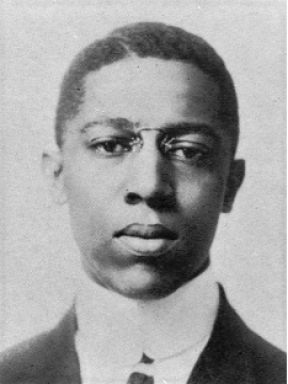
First African-American male admitted to Cornell University Medical School
First African-American male certified by American Board of Surgery
Member of Alpha Phi Alpha fraternity, and national president in 1910
Member of the National Medical Association, and national president in 1937
- Born on May 6, 1890 in Albany New York, Dr. Giles was the son of Revered Francis Fenard and Laura Caldwell Giles. He grew up in Brooklyn, graduated from Boys’ High School in 1907, and from Cornell University in 1911. He then became the first African-American admitted to Cornell University Medical College, where he received his degree in 1915. Though he excelled, race was a constant barrier for Dr. Giles. Few medical institutions at the time allowed African-American medical students, and few hospitals were willing to accept and African-American as junior faculty. Despite this adversity, Dr. Giles was appointed supervisor of the Chicago Health Department, an honorary attending physical position at Cook Country Hospital, and pioneered Provident Hospital’s education program for African-American medical students. Dr. Giles became an attending surgeon at Southside hospital, where he practiced until his death in 1970. His publications include “Rickets: The Surgical Treatment of the Chronic Deformities of, With Emphasis of Bow-Legs and Knock-Knees”, as well as papers on pancreatic cysts, intestinal obstructions, intestinal surgery, spine fractures, tuberculosis, and appendicitis.
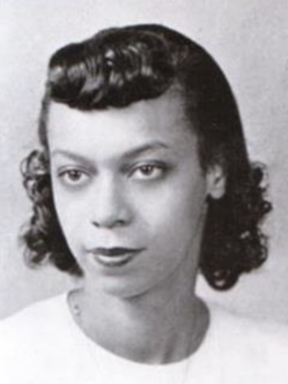
- First African-American woman to graduate from Cornell University
- Dr. Metoyer was born on Sept 11, 1925 in New Jersey to two Howard Medical School graduates, Dr. Lena Edwards and Dr. Lewis Keith Madison. After graduating summa cum laude from Fordham University, she started Cornell Medical School at the age of twenty, and later became the first African-American to graduate from medical school. She took over her mother’s OBGYN practice, and later became a psychiatrist to help address community mental health. While practicing in Vermont, she became the President of the Vermont Psychiatric Association and Secretary of the Vermont State medical Society. After retiring at the age of 70, she dedicated retirement to racial equality as President of the Cultural Diversity Task Force of Greater Manchester, Chair of the Scholarship Awards for Greater Manchester Black Scholarship Foundation, Secretary of the NAACP, and in 2008 was the recipient of the Martin Luther King aware from the MLK Coalition.
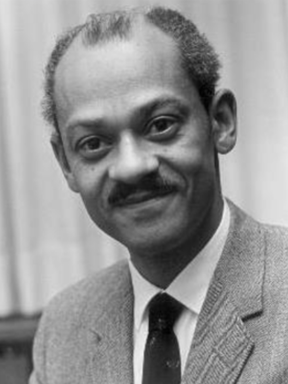
- 1969-1981: Travelers Summer Research Fellowship Program Established by Dr. James L. Curtis
- - Began as a mean of introducing students from HBCUs to research needed to be competitive as medical school applicants
- - During this time, URiMs increased to 13% of each entering class
- - 172 URiM students over the years went into surgery
- "The Summer Research Fellowship program laid the groundwork for my clinical research career and helped me see career possibilities as a young college student. The program connected me to amazing leaders of color at Cornell and helped me form lifelong relationships with other minority students." - Henri Ford, circa 1977
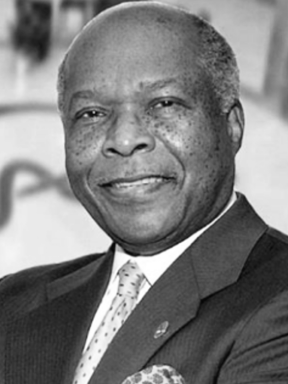
First African-American resident at New York Hospital-Cornell
Former US Secretary of Health and Human Services
Founding dean of Morehouse School of Medicine
Formed Sullivan Alliance to transform the Health Professions in 2005
- Dr. Sullivan was born in Atlanta, Georgia. By the age of five, he decided to pursue a career in medicine, and excelled throughout his academic career—graduating from Booker T Washington high school as class salutorian, from Morehouse College magna cum laude, and from Boston University Medical School in 1958. After attending New York Hospital—Cornell for internship, Dr. Sullivan did a clinical fellowship on pathology at Massachusetts General Hospital and a research fellowship in Hematology at the Thorndyke Memorial Laboratory of Harvard Medical School. In 1989, he was appointed as Secretary of the Health and Human Services, and began initiatives like the $100 million minority male health and injury prevention initiative.
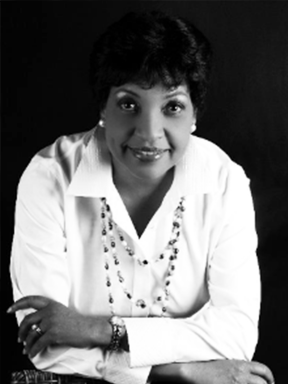
First African-American female resident at NYP-Cornell in 1982
First board certified African-American female surgeon in Brooklyn, NY
American College of Surgeons Governor
Support, Sponsoring and Mentoring
The Chair of the Department of Surgery has taken a primary role in mentoring all faculty for their promotion and career progression. The Chair and senior leadership perform careful monitoring of progress with honest feedback to help faculty progress. This process aims towards a fair departmental work environment with transparent promotion models in line with established equity criteria. Other mentoring resources include programs run by the Dean’s Office of Faculty Development, the Dean’s Mentoring Academy, the Dean’s Office of Diversity and Inclusion, and the Diversity Center of Excellence of the Cornell Center for Health Equity.
Recruitment
The strategic plan of the Department of Surgery includes an assessment of recruitment opportunities. We are committed to maintaining pay-equity throughout our department.
Diversity Officer
The Diversity Officer works with the Department Chair and Division Chiefs to coordinate activities across the department. The creation of a Diversity Office has served as an explicit statement of the importance of Diversity to the department at large.
Search Committee
Given the many potential explicit and implicit biases that exist, members of the committee are asked to review the AAMC Unconscious Bias online video training course in an effort to create a search process free of interview and selection bias.
Resources
Annual Report in Healthcare Equity
Community Partnerships | Cornell Health Education and Research Program; The Environmental Health Disparities Study; The Advanced Cooking Education Program; Understanding the Perspective of Home Care Workers Who Care for Adults With Heart Failure; Women’s Housing and Economic Development Corporation (WHEDco); NYC DOH Center for Health equity Neighborhood Health Action Center; HeartSmarts Program in Brooklyn Churches; Patient Activated Learning Systems (PALS); NYC DOH Breast Cancer Screening


